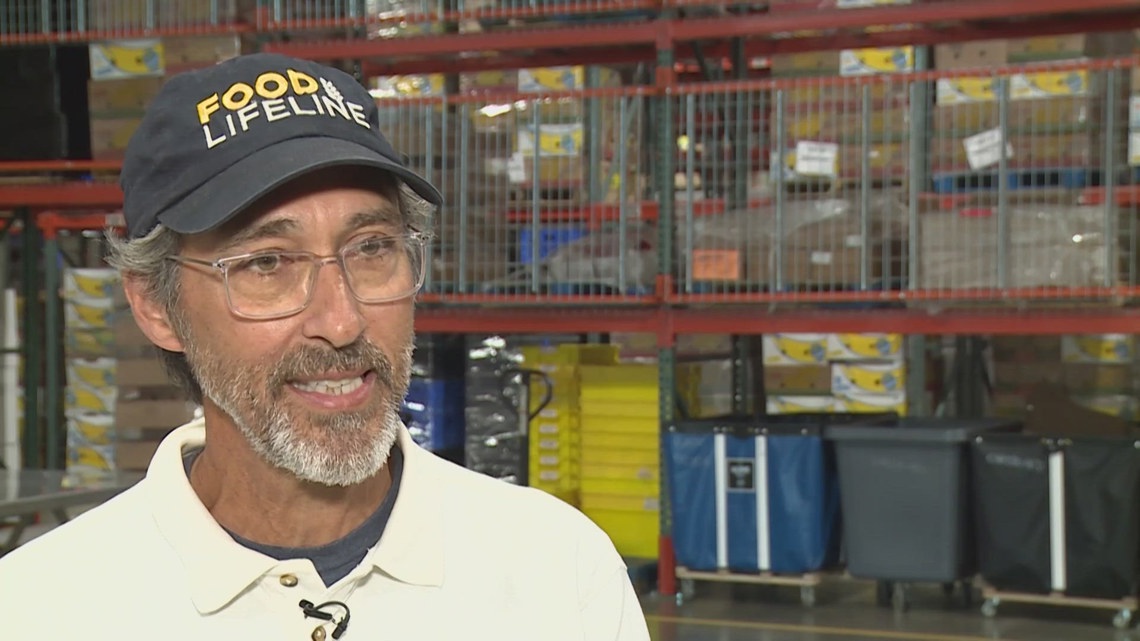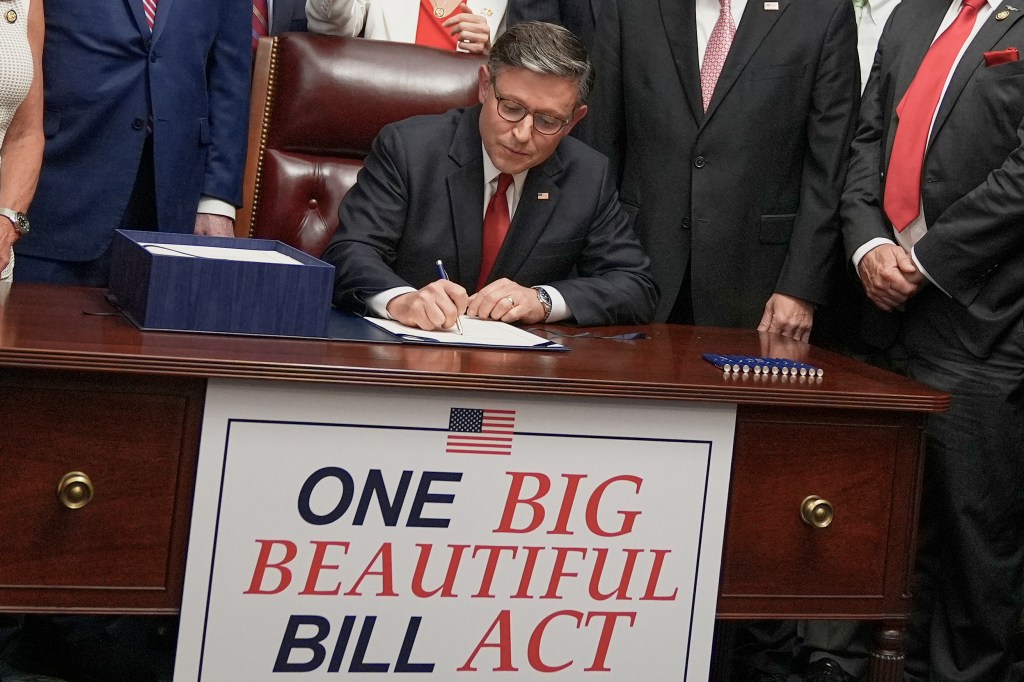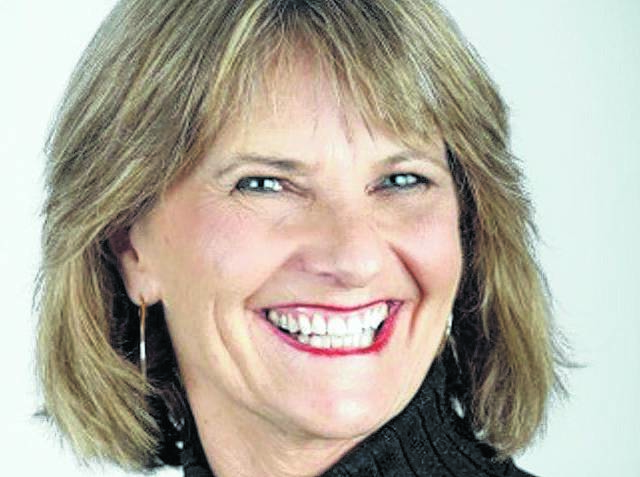Summary
The Supplemental Nutrition Assistance Program and hundreds of thousands of Kentuckians are impacted by the final passage of the One Big Beautiful Bill, or H.R. 1.
Source: LEX 18

AI News Q&A (Free Content)
Q1: What are the major implications of the One Big Beautiful Bill (H.R. 1) for the Supplemental Nutrition Assistance Program (SNAP) in Kentucky?
A1: H.R. 1, known as the One Big Beautiful Bill, introduces significant changes to the Supplemental Nutrition Assistance Program (SNAP) that could heavily impact Kentucky. The bill proposes new work requirements for families with school-aged children and shifts administrative costs to state governments. This alteration is particularly concerning for organizations like God's Pantry Food Bank, as it affects nearly 600,000 Kentuckians who rely on SNAP. The changes might exacerbate food insecurity in rural areas where access to jobs, child care, and transportation is already limited.
Q2: Why is the God's Pantry Food Bank 'deeply disappointed' with the passage of H.R. 1?
A2: God's Pantry Food Bank has expressed deep disappointment with the passage of H.R. 1 due to its potential to weaken SNAP, a vital lifeline for many Kentuckians and Americans. The bill includes new work requirements and shifts costs to state governments, which could increase the burden on already stretched support systems. This is particularly worrying for rural counties where resources are scarce, potentially leading to increased hunger and food insecurity, especially among children, seniors, and working families.
Q3: How does H.R. 1 impact the overall budget and social services according to experts and think tanks?
A3: Experts and think tanks have criticized H.R. 1 for its regressive tax structure and significant cuts to social services like Medicaid. The Congressional Budget Office estimates that the bill will increase the budget deficit by $2.8 trillion by 2034 and result in 10.9 million Americans losing health insurance coverage. The cuts to Medicaid are unprecedented, and the bill is seen as transferring wealth from the poor to the rich. The bill also includes provisions that expand work requirements for food stamp recipients, which could further strain social services.
Q4: What are the proposed changes to SNAP under H.R. 1 and their potential effects?
A4: Under H.R. 1, SNAP faces proposed changes, including new work requirements for recipients and a shift of administrative costs to state governments. These changes could lead to reduced accessibility and increased burdens on state resources. The potential effects include heightened food insecurity, particularly in rural areas with limited job opportunities and support systems. This could adversely affect vulnerable populations, such as children and the elderly, who heavily depend on SNAP for nutritional support.
Q5: What concerns have been raised regarding the impact of H.R. 1 on food security in Kentucky?
A5: Concerns about H.R. 1's impact on food security in Kentucky center around the bill's proposed cuts to SNAP and the imposition of new work requirements. These changes could disproportionately affect rural communities where food insecurity is already prevalent. Organizations like Feeding America and God's Pantry Food Bank warn that the bill could exacerbate hunger issues by making it more difficult for families to access necessary nutritional support, especially in areas with limited job opportunities and support systems.
Q6: How does the One Big Beautiful Bill align with President Trump's policy agenda?
A6: The One Big Beautiful Bill is aligned with President Trump's policy agenda by extending the individual tax rates he introduced in 2017, promoting fossil fuels, and making significant cuts to social services like Medicaid. It also includes temporary tax deductions and other fiscal measures aimed at stimulating economic growth but has been criticized for favoring wealthier individuals and corporations. The bill emphasizes defense spending and border enforcement, reflecting priorities consistent with Trump's second-term goals.
Q7: What is the broader public opinion on H.R. 1 and its provisions?
A7: Public opinion on H.R. 1 is largely negative, with many Americans opposing the bill due to its perceived regressive nature and the potential negative impacts on social services. Polls indicate that a majority of the public disapproves of the bill's tax structure and cuts to programs like Medicaid and SNAP. Critics argue that the bill could lead to increased inequality and poverty, as it seems to benefit the wealthy while placing additional burdens on low-income families.
References:
- One Big Beautiful Bill Act - Wikipedia



